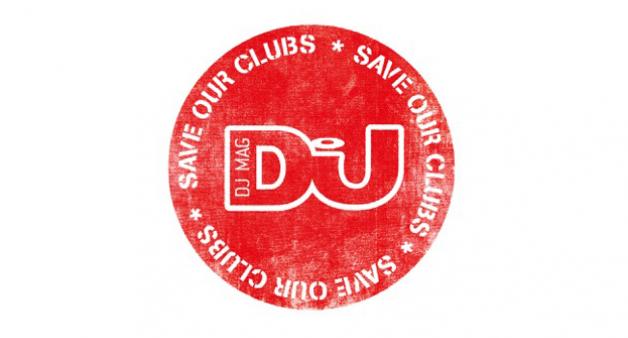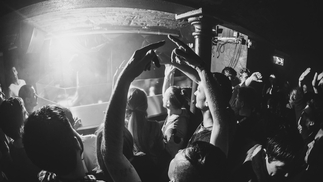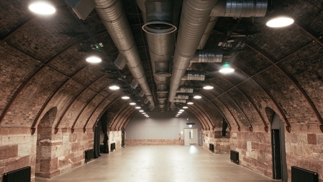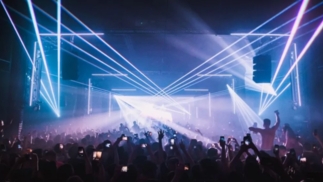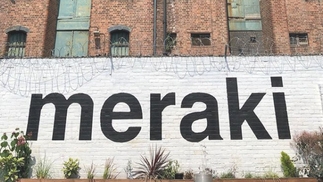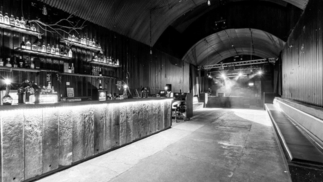HAVE BRITS ABANDONED RAVE CULTURE?
The mainstream media seems to think so – we know different.
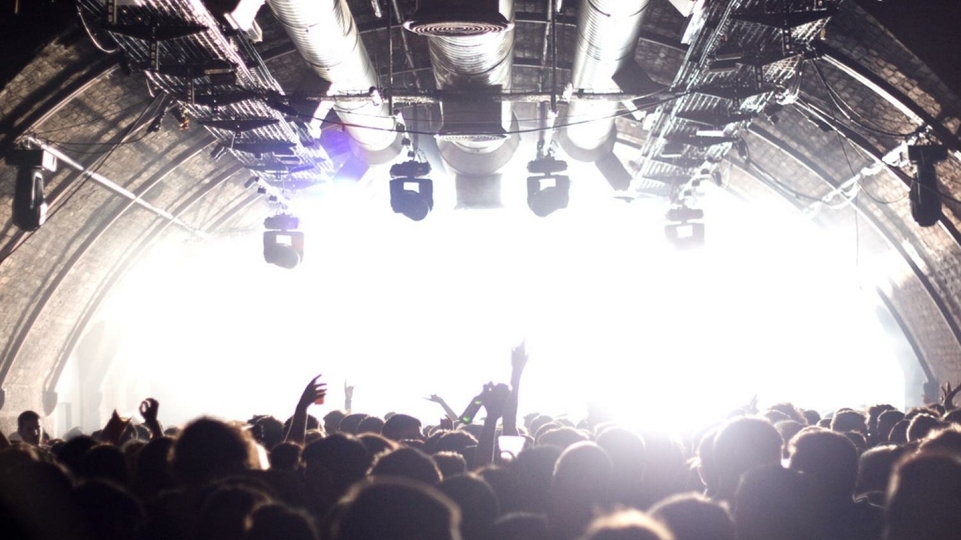
Yesterday, following stats released about club closures over the past decade in the UK, BBC Newsbeat produced a report about the current state of clubbing and nightlife in modern Britain. In the 12-minute mini-doco, Newsbeat presenter Jim Connolly seeks to answer the question 'Where have all the clubs gone?', launching an investigation into the reported closure of over 50% of Britain's nightclubs since 2005.
Speaking to 'industry sources' including Rudimental's Amir Amor, Ministry Of Sound owner Lohan Presencer and EDM DJ Steve Aoki, among others, the general consensus from Newsbeat is that young people are moving away from clubbing en masse, instead preferring to visit festivals or bespoke warehouse events. The knock-on of this proposed socio-cultural shift means clubs are closing, simply because there's not enough profit from a decreasing market share to go around.
In short: kids just don't want to go clubbing anymore.
Following Newsbeat's report, news broadsheets, digital media and even dedicated music magazines have slammed out of the gates with a similar argument. This morning, The Telegraph reported: 'Half of UK nightclubs close in ten years as Brits abandon rave culture', whilst other headlines state 'Clubs close as dancing the night away goes out of style' and 'The decade the music died'.

Pictured: Jim Connolly chats to Rudimental on Newsbeat
It's true that at last count there were 1,733 clubs left in the UK, compared to 3,144 in 2005, but is the real reason behind an escalating level of club closures in London and beyond because people simply don't want to go out? Is going clubbing really just 'out of fashion'?
We think not. In fact, we know that’s bullshit.
“Brits haven’t abandoned rave culture. There are now more DJs than ever, more people doing production courses, more people attending hard ticket dance music events, more DJs selling out capacity shows. The electronic music industry is worth billions to the UK economy — young people aren’t abandoning the scene," says DJ Mag's editor, Carl Loben.
Mark Lawrence from the Association For Electronic Music (AFEM), adds, "The spirit of rave culture is alive and well - never has there been so many people dancing legally in so many fields across the UK - the challenge is the future of our clubs...."
Newsbeat also cited some examples of UK nightclubs that had closed — allegedly — due to unpopularity with clubbers. Connolly mentions legendary London nightclub The End (that closed way back in '09 — hardly a pertinent or relevant example more than five years on in 2015) as well as the tragic closure of Glasgow's The Arches earlier this year. It's no secret that The Arches was forced into closure due to licensing crackdowns by local governing bodies (as reported by DJ Mag here), spawning widespread outrage with young clubbers and supporters of Glasgow's wider art scene alike.
“Did The Arches in Glasgow shut recently because nobody wanted to go there anymore? Absolutely not," says Carl. “It didn’t close, either, because everybody was saving their money for T In The Park.”
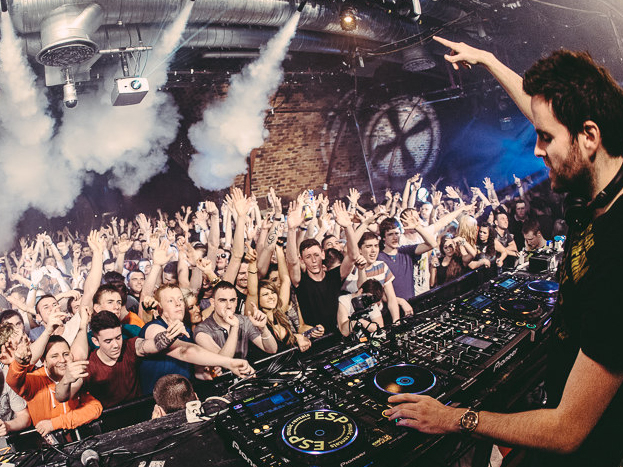
Pictured: The Arches
The plethora of festivals has no doubt impacted on clubs in some ways. More clubbers now want a full audio-visual experience, and the freedom offered by outdoor spaces or new irregular venues such as warehouses has affected clubs. But suggesting that Brits are abandoning rave culture is nonsense.
So, if rave culture is still alive and well in the UK, who or what is to blame for all the club closures?
"It's a combined threat from licensing, politics, legislation and economics," says Mark Lawrence from the AFEM. "From Sydney to London to Bangalore, policies are increasingly being imposed on nightlife, limiting music to before midnight, forcing breathalysers or sniffer dogs on queuing patrons or simply saying ‘no’ to licences and new ventures."
In the last decade, licensed venues have been steadily put under more pressure than ever before, having to conform with tighter guidelines in the name of public safety and community control. According to Alan Miller, head of the NTIA, it's "...the ever increasing demand that the night-time industries be held accountable for ever broadening issues, particularly individual acts that should have no bearing on them whatsoever.
"Huge spiralling demands for more security personnel, CCTV, ID scanners, some times breathalysers and even sniffer dogs along with the shrill declarations by leaders such as Sir Bernard Hogan-Howe that clubs and bars should be culled to 'reduce crime and anti-social behaviour' are taking an enormous toll on one of the UK's most dynamic and innovative sectors," says Miller.
It's time to stop the government stranglehold on our clubs.
DJ Mag is doing our part to help fight club closures, launching the DJ Mag Save Our Clubs campaign in our August issue — find us on Facebook here. The AFEM has also launched a global campaign to #ProtectTheDanceFloor, working with nightlife representatives including London's NTIA , Berlin Club Commission, The Night Mayors Office (Amsterdam) and other key industry figures in US, Australia, Brazil, Hong Kong and India to share intelligence, ideas and information.
The key to saving our clubs is dialogue. Have your say, tell us what you think on twitter at @djmag.
